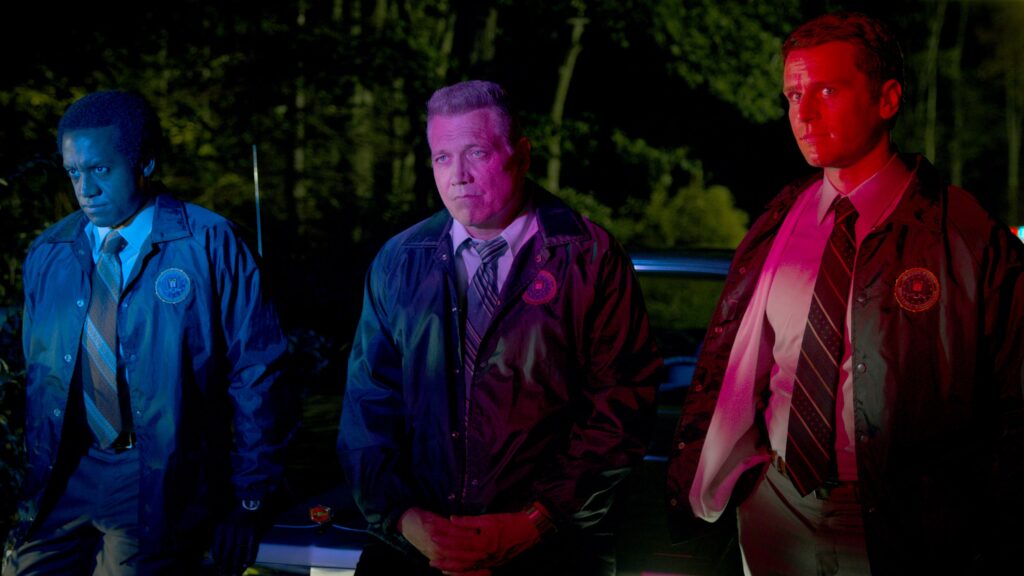
Introduction
Since its debut on Netflix in 2017, Mindhunter has captivated audiences with its chilling portrayal of criminal psychology and the development of criminal profiling. Adapted from John E. Douglas’s book, the series delves into the early days of the FBI’s Behavioral Science Unit, exploring how the understanding of serial killers evolved during the late 1970s. With its gripping narrative and complex characters, Mindhunter not only entertains but also encourages a deeper discourse on mental health, morality, and the effects of violence on society.
Exploring Mindhunter’s Themes
The show explores the intricate dynamics of criminal psychology, focusing on agents Holden Ford and Bill Tench, along with psychologist Wendy Carr, as they interview infamous serial killers to understand their motivations. The series addresses critical themes such as the nature versus nurture debate, the fine line between sociopathy and criminal behavior, and the haunting realities faced by law enforcement during this era. By humanizing these killers while also portraying their heinous acts, Mindhunter prompts viewers to confront difficult questions about evil and empathy.
Production Quality and Reception
Mindhunter received critical acclaim for its meticulous attention to detail, strong performances, and atmospheric cinematography. Created by David Fincher and Charlize Theron, the series has garnered a dedicated fanbase and was praised for its writing and character development. The authenticity of the dialogue and the depiction of real-life figures, such as Edmund Kemper and Jerry Brudos, further enhance its impact. Mindhunter has also inspired a renewed interest in true crime and psychological thrillers, influencing other works in the genre.
Significance for Pop Culture
The show’s fascination with the psychology of killers and its insights into the FBI’s early approaches have resonated with contemporary discussions around crime and investigation. As mental health awareness increases, Mindhunter contributes to the conversation by showing how societal perceptions of mental illness can lead to stigmatization and misunderstanding. Moreover, it raises awareness about the complexities of criminal investigations, shedding light on the psychological toll faced by profilers and police workers.
Conclusion
As Mindhunter continues to receive accolades for its storytelling and depth, it remains a significant part of modern pop culture. Its themes of morality, justice, and the human psyche are more relevant than ever, prompting audiences to think critically about the nature of crime and punishment. With a potential future revival still uncertain, the series has undoubtedly left a lasting legacy that challenges viewers to engage with difficult and uncomfortable truths about humanity.



